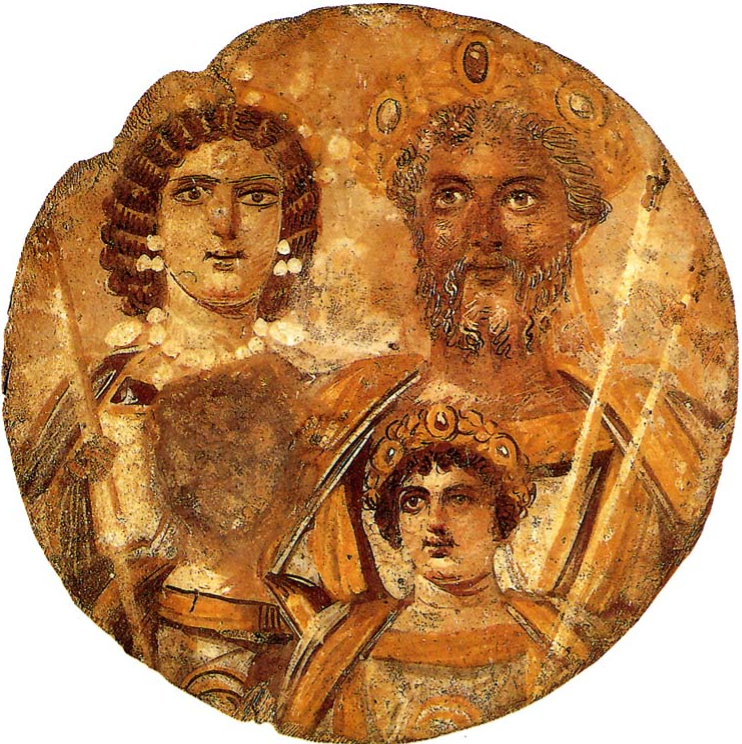
Imperial Family – The Severans
The Severans were a very interesting family and not without their tales of violence and greed and uniqueness of character. The period is not marked by something so brutal as the psychotic reign of Caligula, but there are certainly many more dimensions. It is a time of militarism, of a weakened Senate, a time of spymasters in various camps. It is a time marked by the rise of lower classes, the presence of powerful women and, over it all, a blanket of religious superstition at the highest levels. Many believe that it is this period in Rome’s history that marks the true beginning of the end of the Roman Empire.
The emperor at the time that Children of Apollo takes place is Septimius Severus (A.D. 193-211). He was the son of an Equestrian from Leptis Magna in North Africa. When Commodus was killed in A.D. 192, Severus was governor of Pannonia. When the Praetorians decided to auction the imperial seat a short time later, Severus’ legions declared him Emperor. He subsequently defeated his two opponents who had also declared themselves Emperor: Clodius Albinus and Pescennius Niger. A purge of his opponents’ followers in the Senate and Rome made Severus sole ruler of the largest empire in the world.
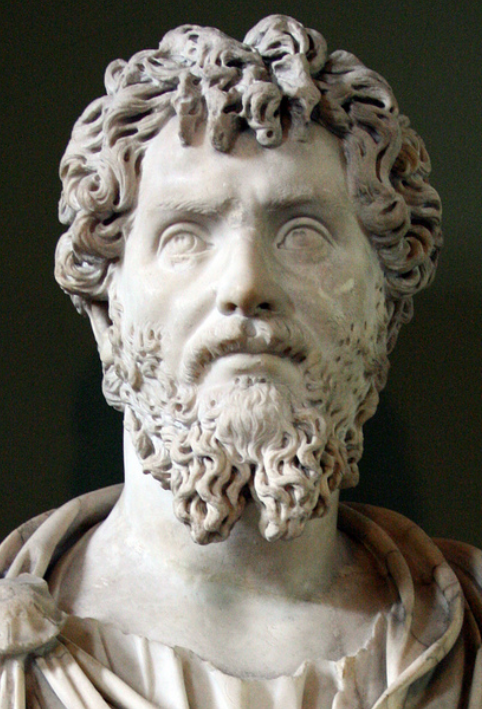
Septimius Severus
Septimius Severus was a martial emperor, the army was his power and he knew how to use it, how to keep the legions loyal and happy. He increased troops’ pay and in a radical move, allowed soldiers to get married. Severus was good to his troops, his Pannonian Legions and victorious Parthian veterans. He promoted equestrians to ranks previously reserved for aristocrats and lower ranks to equestrian status. There was a lot of mobility within the rank system at the time due to Severus ‘democratization’ of the army. Remember, this was an emperor who favoured his troops, especially those who distinguished themselves. The Emperor is open and friendly with Lucius Metellus Anguis in Children of Apollo, but there are prices to be paid. No favour is free.
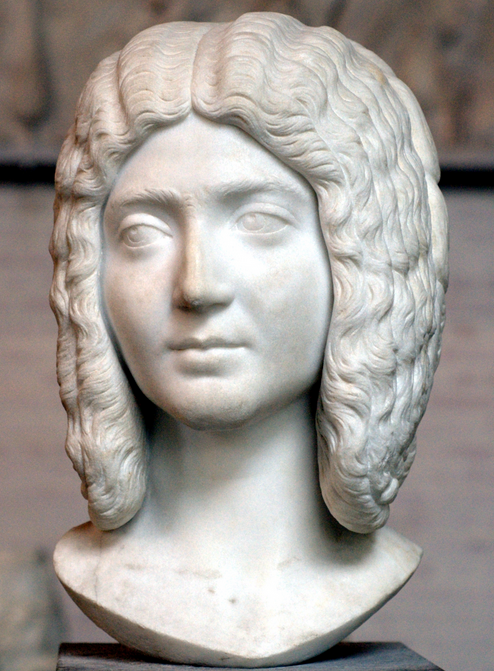
Julia Domna
One of the most interesting characters of the period is Severus’ Empress, Julia Domna. She appears as one of the strongest women in Rome’s history, an equal partner in power with her husband who heeded her advice but also respected her. Julia Domna was the first of the so-called ‘Syrian women’, she and her sisters hailing from Antioch where their father had been the respected high priest of Baal at Emesa (Homs in modern Syria).
Julia Domna was also highly intelligent, known as a philosopher, and had a group of leading scholars and rhetoricians about her. They came from around the Empire to be a part of her circle, to win commissions from her. No doubt, her strength also bought her a great many enemies, including the Praetorian Prefect and kinsman to Severus, Gaius Fulvius Plautianus. The conflict between the Empress and the Prefect of the Guard is something that will cause Lucius Metellus Anguis a good deal of trouble in Children of Apollo and sequel, Killing the Hydra. To boot, Plautianus’ daughter, Plautilla, was married to the Empress’ son, Caracalla. One can imagine what family gatherings must have been like!
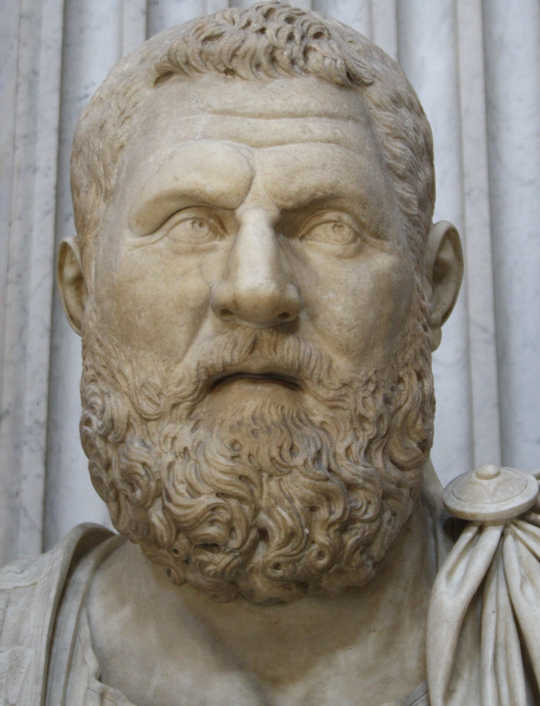
Gaius Fulvius Plautianus
Apart from the power, their keen ability to wield it, and their nurturing of the army’s loyalty, a very interesting and important aspect of Septimius Severus and Julia Domna is the great faith they both placed in astrology and horoscopes. They consulted with their astrologer and the stars on all decisions. Astrology affected everything, including Severus’ choice of her as his wife – he was greatly impressed by her horoscope.
By all accounts Caracalla and Geta, Severus’ heirs, were both at odds much of the time. The two brothers seem to have tolerated each other’s presence and competed fiercely, even in the hippodrome where at one point they raced each other so fiercely on their chariots that they ended up with several broken bones, almost leaving their father without a successor. Caracalla seems to have been the favourite of the Empress, though in later years Julia Domna does come to Geta’s defence, however much in vain.
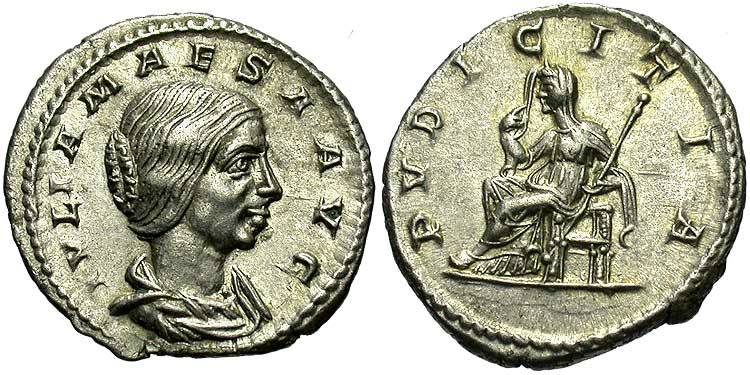
Julia Maesa
The Syrian women continued to hold power under the daughters of Julia Domna’s older sister, Julia Maesa who, herself, managed to save the dynasty for a time after the death of Caracalla. Julia Maesa was the mother of Julia Soaemias and Julia Mamaea, both mothers in their turn, of the last Severan emperors, Elagabalus and Alexander Severus. These powerful women held the family together. However, in the end, under Alexander Severus, the loyalty of the army was lost, and what once gave the Severans their ultimate power became their downfall.
There is a lot more to each of the people I have mentioned so briefly here and it is a part of Roman history that is not often explored. However, the Severans made their mark on the Empire and brought about massive changes, from artwork, to marriage for legionaries, to a crippling of the Senate and the extension of Roman citizenship to people all over the Roman Empire. They were strong, religious, varied and flawed, and all make for fantastic fiction!
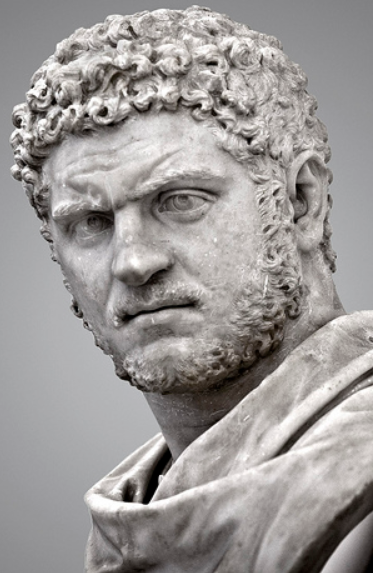
Caracalla
In the next instalment of The World of Children of Apollo, we’ll be following Lucius Metellus Anguis to Ostia and Rome itself as he leaves North Africa to return home after many years. If you are up for a Roman holiday, be sure to check it out!
What is your favourite imperial Roman family? I’d love to hear from you in the comments below.
Thank you for reading!
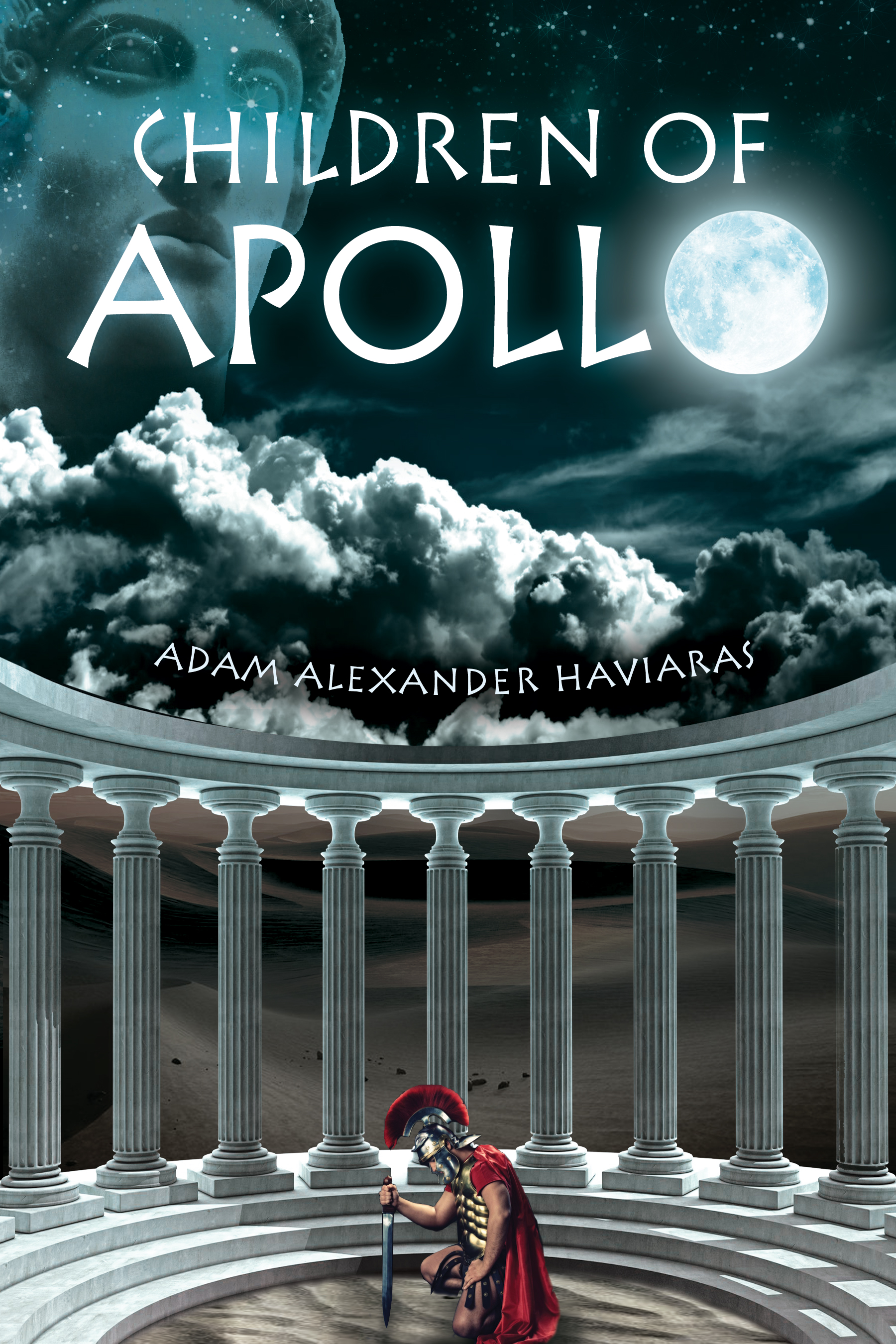










Very interesting to learn that there were some strong women with actual power in a place and era where power was traditionally with male rulers.
Absolutely! It was a very interesting time in the history of the Roman Empire.